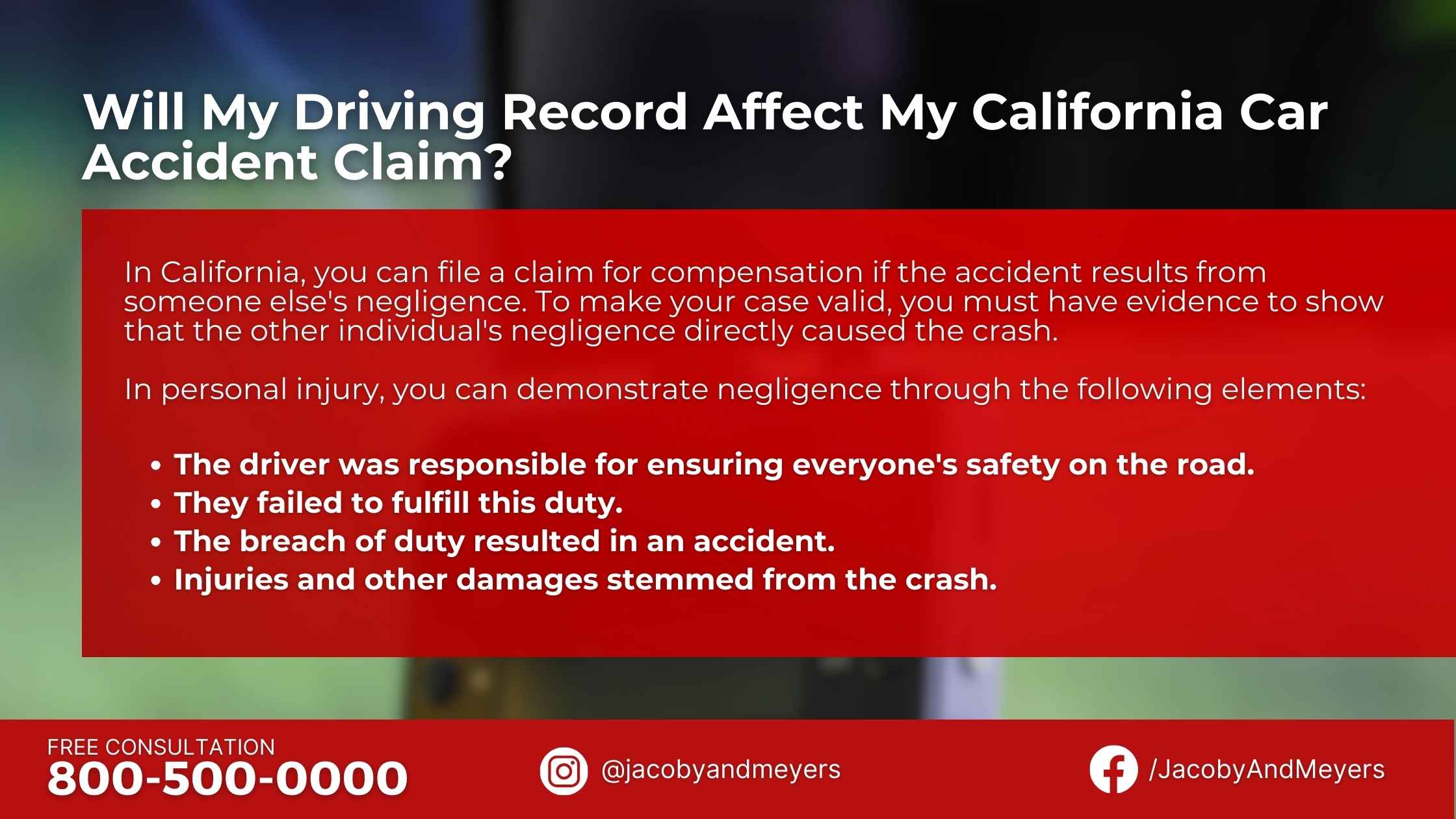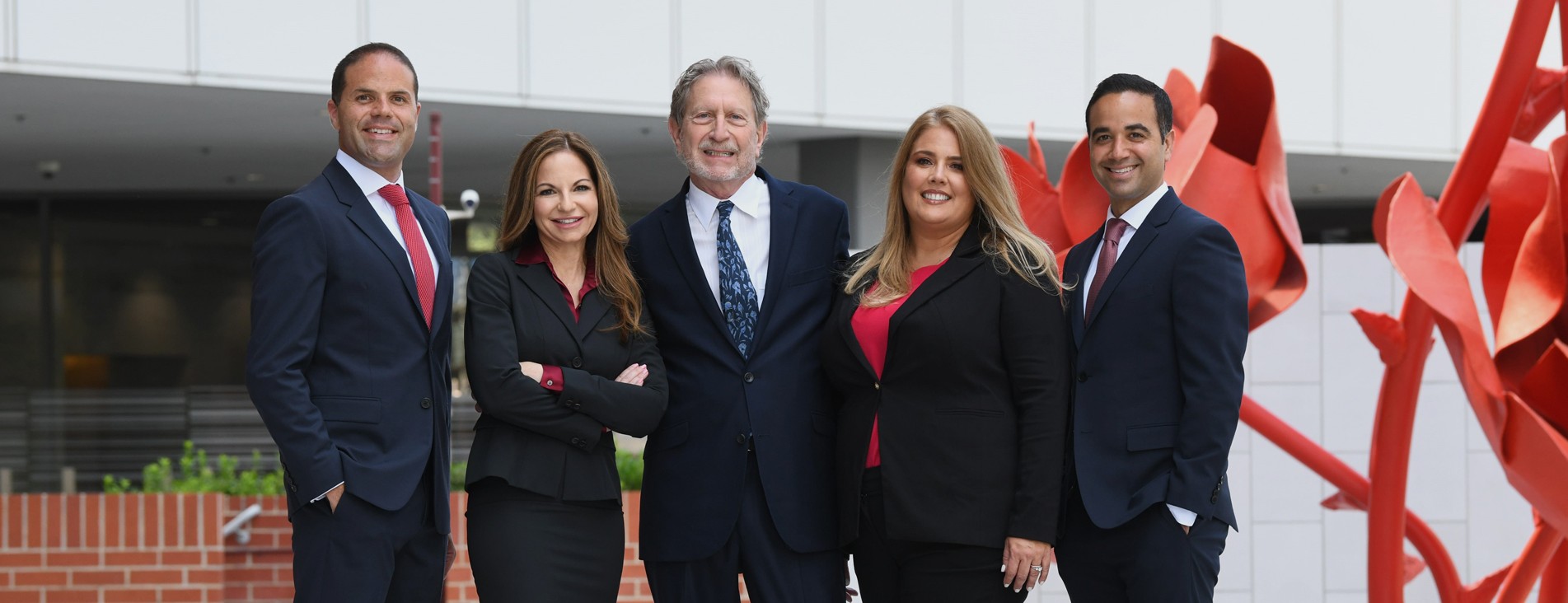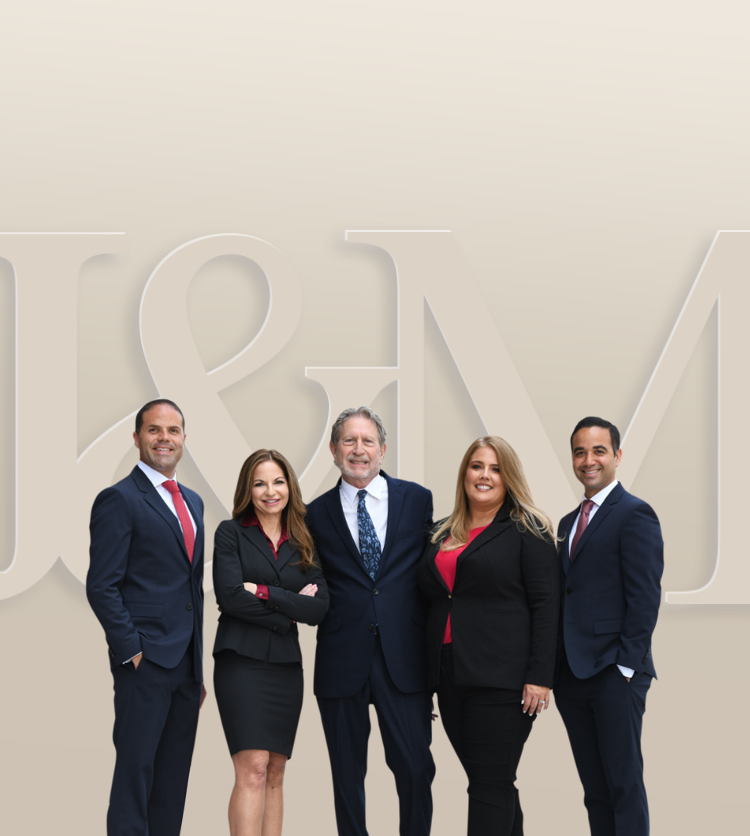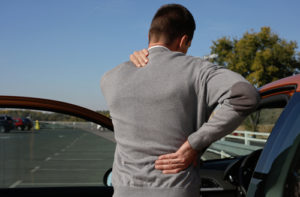While you have the right to compensation for a crash resulting from another driver’s negligence, your driving record can affect your car accident settlement. Usually, insurance companies use your driving record to lose your credibility as a plaintiff, especially if you have several fractions in your record.
In this article, you will understand how a driving record affects a California car accident claim and how to avoid case dismissal if you have a poor driving record.
What Constitutes a Poor Driving Record?
A clean driving record is a motor vehicle record (MVR) free of infractions, accidents, or violations for a given time frame. This type of legal document typically collects infractions for three to seven years. However, more serious offenses like reckless driving or a DUI may stay on your record for a longer period or even permanently.
On the other hand, a poor driving record is distinguished by a record of traffic violations, accidents, and other driving offenses. It indicates a driver’s disposition to participate in risky driving habits. Note that car accidents, even those that are not your liability, still appear on your driving record.
Can I Remove Points from My Driver’s License in California?
In California, all drivers begin with a spotless record of zero points. They will receive points from the police if they violate traffic laws or cause an accident. Those points can be anything from 0 to 3, based on the offense’s seriousness. More careless acts, such as drunk driving, result in two or three points, whereas minor violations receive zero or one point.
Fortunately, you can remove points from your driver’s license in the state by completing a defensive driving course. Several schools offer this subject. As such, you must complete multiple lessons in the course that you can take online or in a classroom. After passing the exam, you can submit such a document to the DMV to have your license reinstated and your points canceled.

Will My Driving Record Affect My California Car Accident Claim?
In California, you can file a claim for compensation if the accident results from someone else’s negligence. To make your case valid, you must have evidence to show that the other individual’s negligence directly caused the crash.
In personal injury, you can demonstrate negligence through the following elements:
- The driver was responsible for ensuring everyone’s safety on the road.
- They failed to fulfill this duty.
- The breach of duty resulted in an accident.
- Injuries and other damages stemmed from the crash.
However, even if you have the right to compensation, your car accident settlement may be reduced if the insurance company successfully shakens your credibility as a plaintiff through your driving record. This can be true if you have a poor driving record and lack expertise defending a personal injury claim.
How Does a Poor Driving Record Affect a Car Accident Settlement?
Even if your past violations are unrelated to the California car crash, insurance companies may try to use your driving record to reduce your car accident settlement. Usually, the following scenarios can happen if you have a poor driving record in a personal injury claim.
Insisting You Are At Fault.
If you have a history of reckless driving, the other driver’s insurance company may blame you even though you were not at fault for the crash and deny your claim. The car accident settlement amount may be impacted if it can be demonstrated that you were probably at fault for the current accident based on past instances of comparable violations.
For example, you had several speeding violations before the crash. Unfortunately, the cause of the accident is overspeeding. In such a situation, the insurance company may insist you are responsible for the collision since you had several speeding tickets.
While insurers may deny your claim altogether if they argue that your action pattern renders you more accountable for the accident, you can still defend your case if you have sufficient evidence demonstrating the other party’s negligence.
Hence, you must do the following steps when involved in a California car crash:
- Take photos of the accident scene, including the damage to your vehicle, injuries sustained, and the environment where the collision occurred.
- Collect the contact details of witnesses present at the scene.
- Report the accident to the authorities and request a copy of the police report.
- Contact a California car accident lawyer who can use their experience and resources to gather evidence and prove liability.
Reducing Your Car Accident Settlement
The insurance company will find a way to lower your payout if they can’t place all the blame on you. They can accomplish this by demonstrating your partial liability for the collision.
For example, a drunk driver hit you. At the same time, suppose you had several distracted driving infractions before the accident. The insurance provider might then insist that you were distracted when the collision occurred, contributing to the occurrence.
Under pure comparative negligence, if the court agrees with the argument and finds you 20% liable for the accident, you may receive 80% of the compensation.
While this may seem fair, what happens if you were not negligent and the insurance company still wins such an argument? A California car crash lawyer can help you collect evidence, prove liability, and calculate the total damages to maximize your car accident settlement.
Downplaying Your Injuries
Let’s say your driving record includes past accidents. The insurance company of the other driver found out that you had back injuries from the past collision. They can then contend that the current collision didn’t cause your back injuries but rather that it merely made them worse.
This is why it is crucial to seek medical attention immediately. By doing this, medical documents, such as diagnoses, hospital bills, and prescriptions, can indicate the cause of your injuries. Aside from this, you must also consistently adhere to your treatment to show that you recovered from the past injury before the accident.
Can My Driving Report Be Evidence in Court?
If the insurance company refuses to settle, you may put your case to a trial. Usually, most injured victims wonder if their driving record can be used against them in court.
According to Federal Rule of Evidence 404(b), evidence of prior acts “is not admissible to prove a person’s character to show action in conformity therewith.” Generally, evidence of previous bad acts cannot be presented at trial to demonstrate the defendant’s propensity to commit crimes similar to the one in question.
While this is true, your driving record can be admissible in court under the following scenarios:
- Motive – If a driver has a history of the same violation related to the case, their driving record may be used to prove that they had a reason to drive recklessly during the collision in issue. For instance, if the accident displayed road rage, previous similar cases of behavior may be relevant.
- Opportunity – Opportunity refers to a person’s ability to perform an act given the circumstances. A driving record, for example, may reveal that the driver frequently travels on the same route where the accident occurred, implying that they had the potential to be there at the scene.
- Intent – A person’s intent conveys their resolve or strategy to carry out a specific action. Supposedly, a driver has a history of DUI violations. This may support the claim that the driver’s actions were intentional instead of unintentional.
- Preparation – Acts of preparation are actions performed in advance of an action. If a driver had previously altered their car for high-speed performance, it may be argued that they were planning to overspeed and contribute to the accident.
- Plan: A plan is a strategy or approach for accomplishing a particular objective. A deliberate or habitual driving style may be shown by a pattern of similar traffic infractions over time. For instance, a record demonstrating a history of tailgating may point to a strategy or practice, such as aggressive driving, that may be connected to an accident.
- Knowledge: Knowledge is the awareness or comprehension of specific facts or situations. A driver’s record can indicate that they were conscious of the risks involved in their driving style. Suppose a driver receives numerous speeding tickets in the exact location, for instance. In that case, it may indicate that they are aware of the speed limits and have disregarded them.
- Identity: Identity is the set of traits that establish a person as the perpetrator of an accident. If the identity of the driver in question is in doubt, a driving record may be able to provide more information.
- Lack of Error or Accident: This refers to proving that a behavior was deliberate or habitual rather than accidental. If there is a persistent pattern of comparable driving offenses, it is possible to establish that the present crash was a habitual pattern rather than an error.
Lawyer’s Tip: If your lawyer can prove that the crash was deliberate rather than accidental, they can insist on punitive damages to increase your car accident settlement. Punitive damages are additional costs the court imposes if they find the at-fault party’s actions malicious or intentional.
What Damages Can I Include in My Car Accident Settlement?
When evaluating the potential car accident settlement you may receive, it’s essential to consider the various damages relevant to your situation. These include:
Economic damages are measurable financial losses backed by documentation such as receipts and invoices. Examples include:
- Past, present, and future medical expenses
- Costs for vehicle repair or replacement
- Lost wages due to missed work
- Anticipated future income loss
- Out-of-pocket costs related to the accident
Non-economic damages are intangible losses from the accident, such as pain and suffering. Non-economic damages include:
- Emotional distress
- Psychological suffering
- Reduced quality of life
- Loss of consortium
- Loss of close relationships and companionship, among others
A California car crash lawyer possesses the expertise to accurately assess financial losses, evaluate non-monetary damages, and determine eligibility for punitive damages to maximize your compensation.
How Can the California Car Crash Lawyer Help Me?
Dealing with a car accident claim can be challenging, especially if you have a poor driving record. Even if you don’t cause the crash, the insurance company may shift the blame on you by bringing up your past violations.
A California car accident lawyer can safeguard your rights by collecting ample evidence and establishing the other party’s liability. They typically perform the following actions to strengthen your case:
- Gather sufficient evidence to demonstrate the other party’s negligence.
- Determine the party responsible for the accident.
- Evaluate the full extent of the damages incurred.
- Manage all communications with the insurance company.
- Adhere to all pertinent legal deadlines.
- Proceed to trial if necessary.
If you need legal representation for a car accident, Jacoby & Meyers offers some of California’s most proficient and capable personal injury lawyers, committed to securing the justice you deserve. While many law firms assist individuals seeking compensation for accidents, Jacoby & Meyers stands out with its dedicated legal process to protect your rights, making us the preferred choice for accident victims.
Since 1972, Jacoby & Meyers has consistently advocated for the legal rights of individuals involved in accidents, achieving substantial settlements. Our remarkable track record, surpassing $2 billion in settlements, underscores our unwavering dedication to our clients.
If you have sustained injuries in a California car accident, Jacoby & Meyers is here to assist you. We offer free consultations for injury victims and operate on a contingency fee basis.
Jacoby and Meyers. Because You Deserve Justice.
Hear From Our Past Clients
Instead of relying just on our guarantees, consider what satisfied clients say about our services.
“I hired Jacoby & Meyers after I was involved in a car accident. Even though I was nervous about the process, they made me feel at ease and informed me during every step of my case. They went the extra mile and did everything possible to ensure a great outcome. If you are looking for an honest, trustworthy, and knowledgeable attorney’s office, I recommend Jacoby & Meyers. They were truly my dream team!” -Blayne
Frequently Asked Questions
Do you have further questions regarding personal injury claims? We got you! Here are some frequently asked questions from injured victims that may help explain some aspects of your case.
- Can I File an Injury Claim If an Elderly Driver Hits Me?
- Who is Responsible for a Backing-Up Car Accident?
- Who is Liable for an Uber Car Accident if the Driver Was Intoxicated?
- How Can Having a Permanent Injury Affect My Car Accident Claim?
Works Cited
“comparative negligence | Wex | US Law | LII / Legal Information Institute.” Law.Cornell.Edu. Accessed 22 May 2024.
Meyer, Susan. “What is a clean driving record? 6 tips for cleaning yours up.” The Zebra, 7 March 2024. Accessed 22 May 2024.
Wallentine, Ken. “Understanding 404(b): Prior Bad Acts Evidence Rule.” Lexipol, 24 December 2021. Accessed 22 May 2024.
Call or text 888-522-6291 or complete a Free Case Evaluation form








